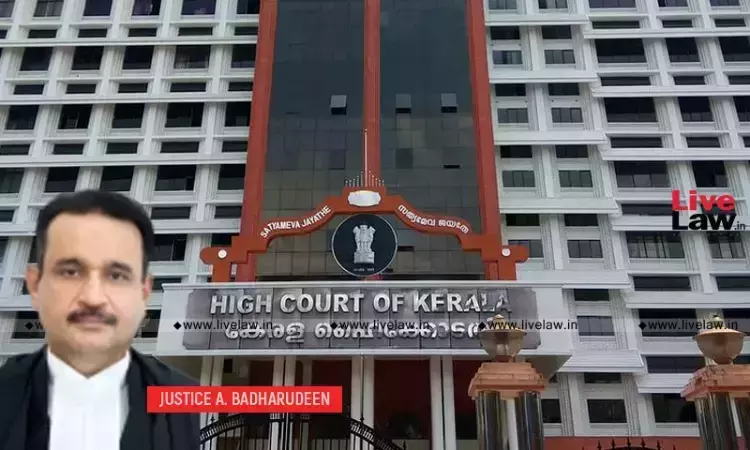The Kerala High Court while dismissing a case for expunging the adverse remarks made against a police officer, observed that such remarks were absolutely necessary to take an appropriate decision in that order. Justice A. Badharudeen said that in such a case, it will be difficult to issue notice to the officer before making such observation."...such a finding by the learned Special Judge...

